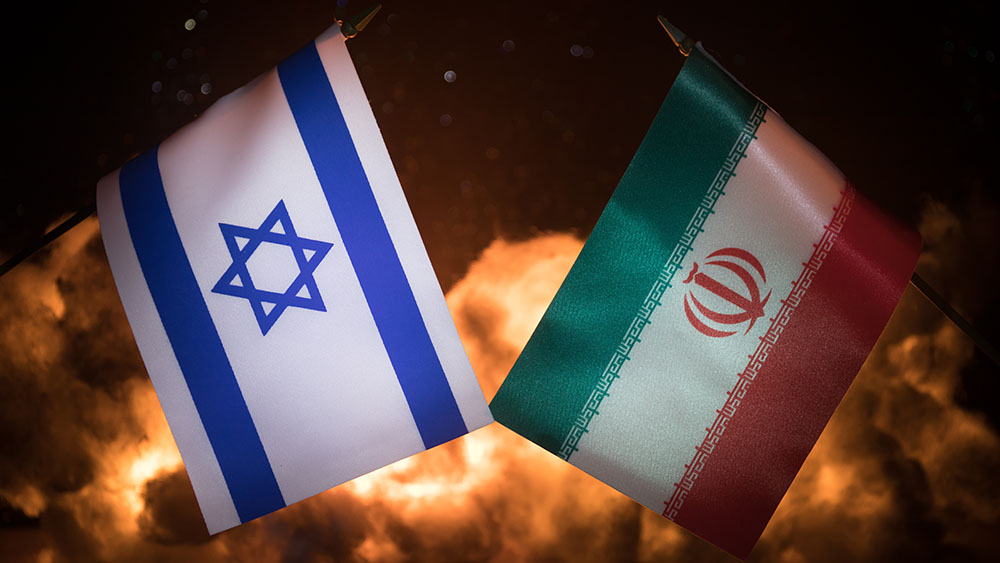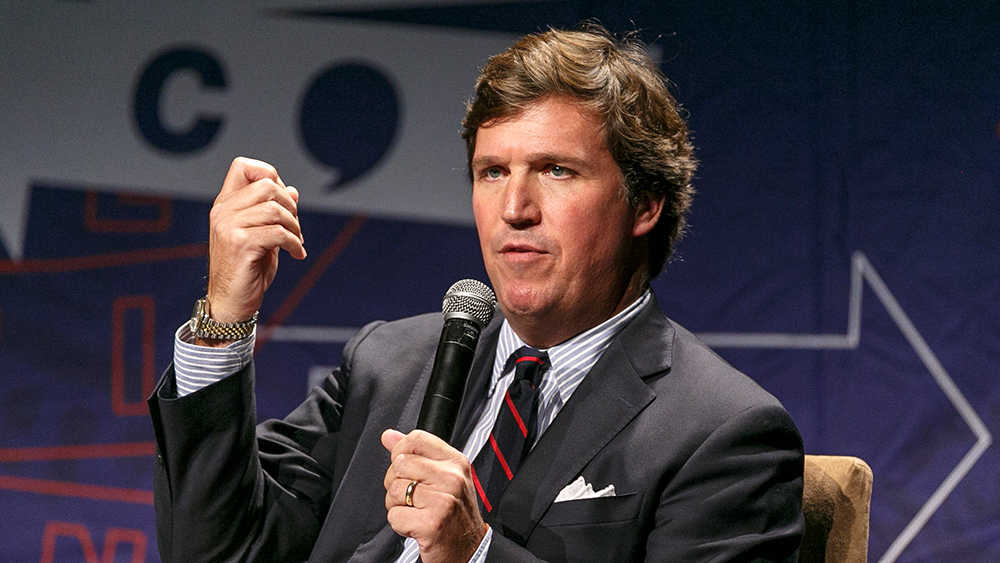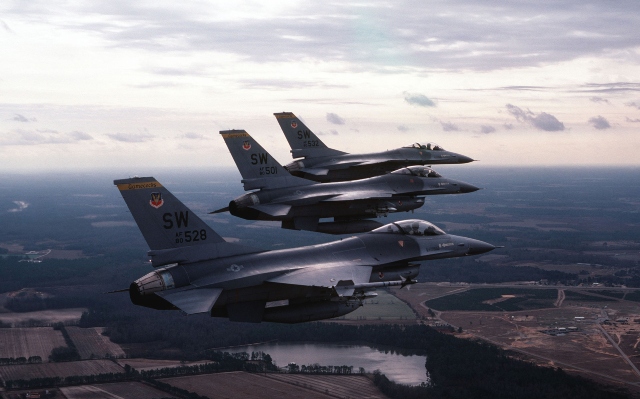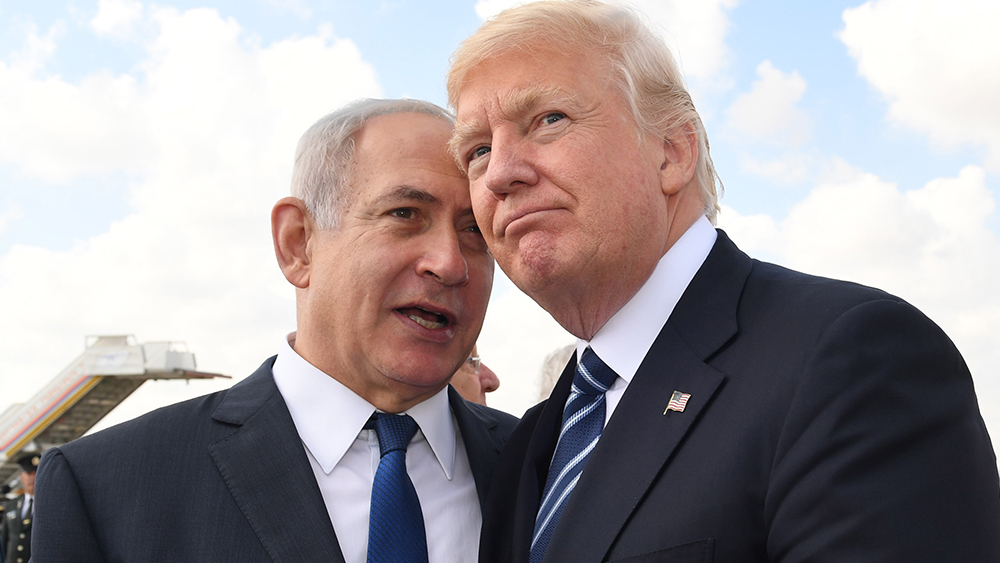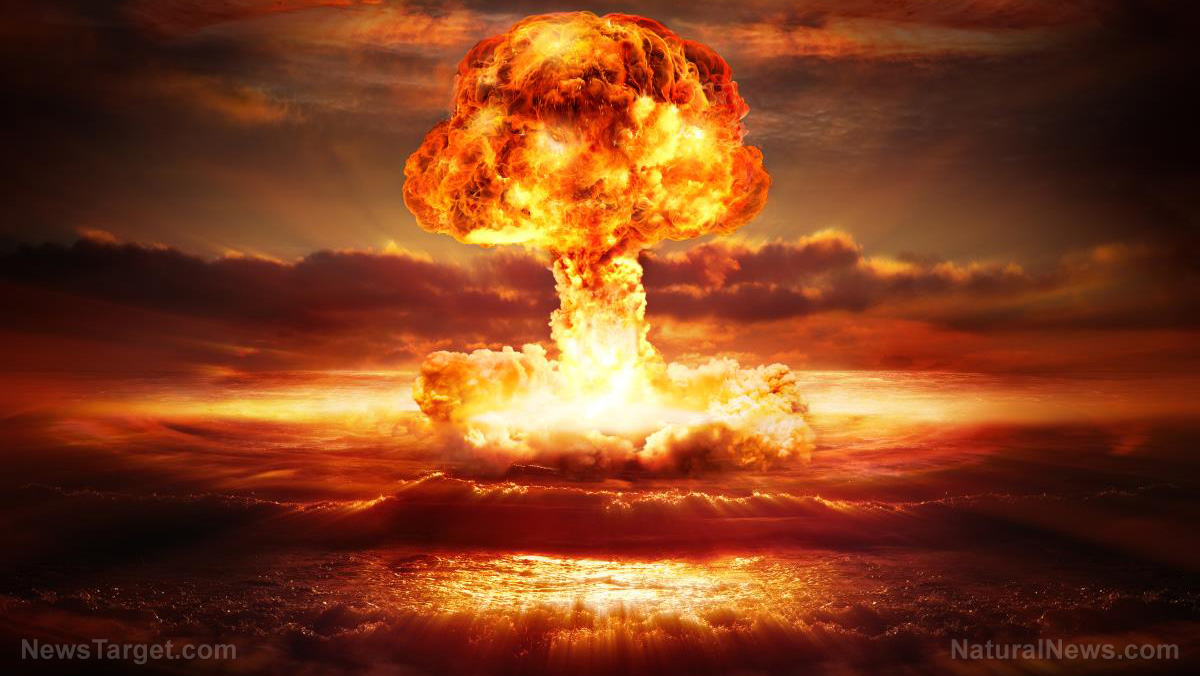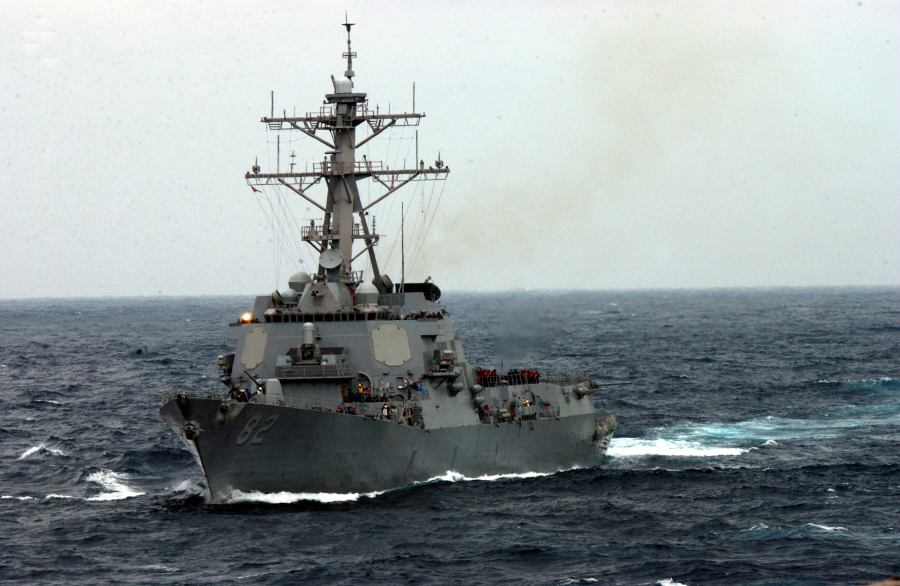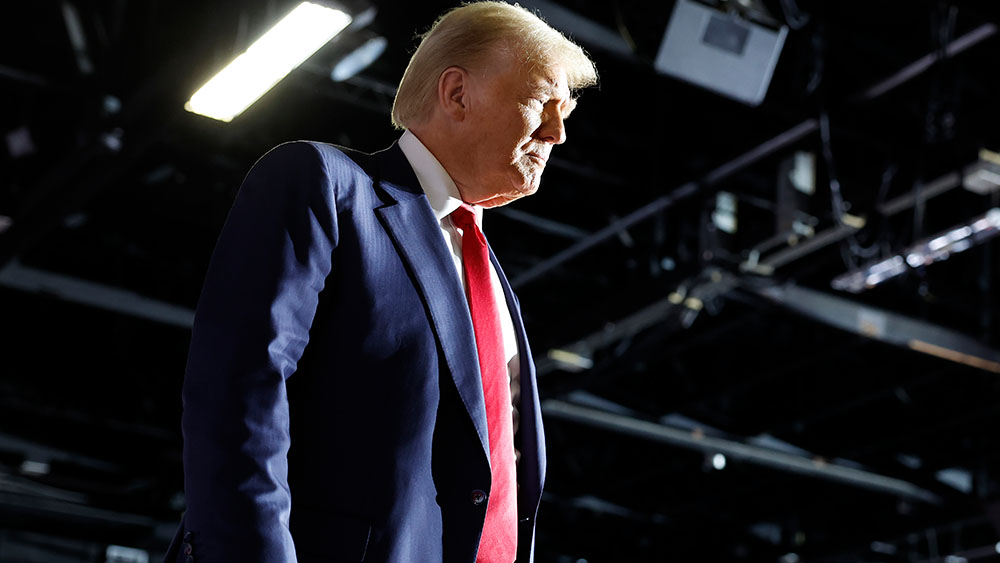Defense stocks tumble after Trump proposes military spending cuts, while European defense firms surge
02/17/2025 / By Cassie B.

- U.S. defense stocks plunged after President Trump proposed cutting the military budget by half, causing major contractors like Lockheed Martin and Northrop Grumman to lose significant value.
- European defense stocks surged as leaders discussed increasing military spending, with companies like Rheinmetall and BAE Systems seeing double-digit gains.
- Trump’s mixed messaging on defense spending, including calls for cost-cutting while emphasizing military strength, has created uncertainty in the U.S. defense sector.
- European leaders proposed exempting defense spending from EU fiscal rules, enabling member states to boost military budgets without financial penalties.
- The contrasting trends reflect a potential shift in global defense priorities, with Europe taking on a larger security role as the U.S. considers reducing its military footprint.
U.S. defense stocks plummeted this week after President Donald Trump suggested halving the nation’s military budget, sending shockwaves through the defense industry. Meanwhile, European defense stocks soared as leaders across the continent discussed ramping up military spending, signaling a potential shift in global defense priorities.
Trump’s proposal rattles U.S. defense sector
On Thursday, President Trump announced at a White House press conference that he plans to discuss significant cuts to U.S. military spending with Russian President Vladimir Putin and Chinese leader Xi Jinping. “When we straighten it all out, then one of the first meetings I want to have is with President Xi of China and President Putin of Russia, and I want to say let’s cut our military budget in half. And we can do that, and I think we’ll be able to do that,” Trump said.
The announcement sent shares of major defense contractors tumbling. Lockheed Martin dropped 4.86%, Northrop Grumman fell 6.58%, and General Dynamics declined 5.30%. These companies, which have benefited from increased demand for weapons and equipment amid the Ukraine conflict, now face uncertainty as the Trump administration pushes for cost-cutting measures.
Trump’s mixed messaging on defense spending has left investors and analysts puzzled. While he has emphasized the importance of a strong military, he has also tasked Elon Musk and the Department of Government Efficiency with identifying ways to reduce federal spending, including at the Pentagon.
European defense stocks rally amid spending talks
Across the Atlantic, European defense stocks surged as leaders gathered to discuss boosting military budgets. On Monday, shares of German arms manufacturer Rheinmetall soared 11%, while Sweden’s Saab AB and Britain’s BAE Systems gained 11% and 6%, respectively. Italy’s Leonardo and France’s Thales also saw significant increases, rising more than 5%.
The rally followed an emergency summit in Paris, where European leaders, including French President Emmanuel Macron and British Prime Minister Keir Starmer, discussed how to respond to Trump’s sidelining of Europe in Ukraine peace talks. EU Commission President Ursula von der Leyen proposed exempting defense spending from the bloc’s fiscal rules, allowing member states to increase military budgets without triggering excessive deficit procedures.
“Europe needs to increase its defense spending, and we’ll be keeping a close eye on how this affects national budgets,” said Alberto Conca, CIO at Swiss asset manager LFG+ZEST. “Defense stocks are a theme that’s likely to continue to gain momentum.”
A shifting global defense landscape
The contrasting fortunes of U.S. and European defense stocks highlight a broader shift in global defense dynamics. While the U.S. contemplates reducing its military footprint, Europe appears poised to take on a larger role in its own security. This comes as Trump has repeatedly called for NATO members to increase their defense spending to 5% of GDP, up from the current 2% target.
However, the U.S. defense sector’s recent struggles may be temporary. Analysts note that Trump’s proposal is still in its early stages and faces significant political and logistical hurdles. “Right now, people are confused by a number of different crosscurrents” on defense spending, TD Cowen policy analyst Roman Schweizer told CNBC.
Sources for this article include:
Submit a correction >>
Tagged Under:
big government, defense spending, global defense, globalism, government debt, military tech, military-industrial complex, national security, stocks, Trump, weapons tech, White House, WWIII
This article may contain statements that reflect the opinion of the author
RECENT NEWS & ARTICLES
COPYRIGHT © 2018 MILITARYTECH.NEWS
All content posted on this site is protected under Free Speech. MilitaryTech.news is not responsible for content written by contributing authors. The information on this site is provided for educational and entertainment purposes only. It is not intended as a substitute for professional advice of any kind. MilitaryTech.news assumes no responsibility for the use or misuse of this material. All trademarks, registered trademarks and service marks mentioned on this site are the property of their respective owners.





